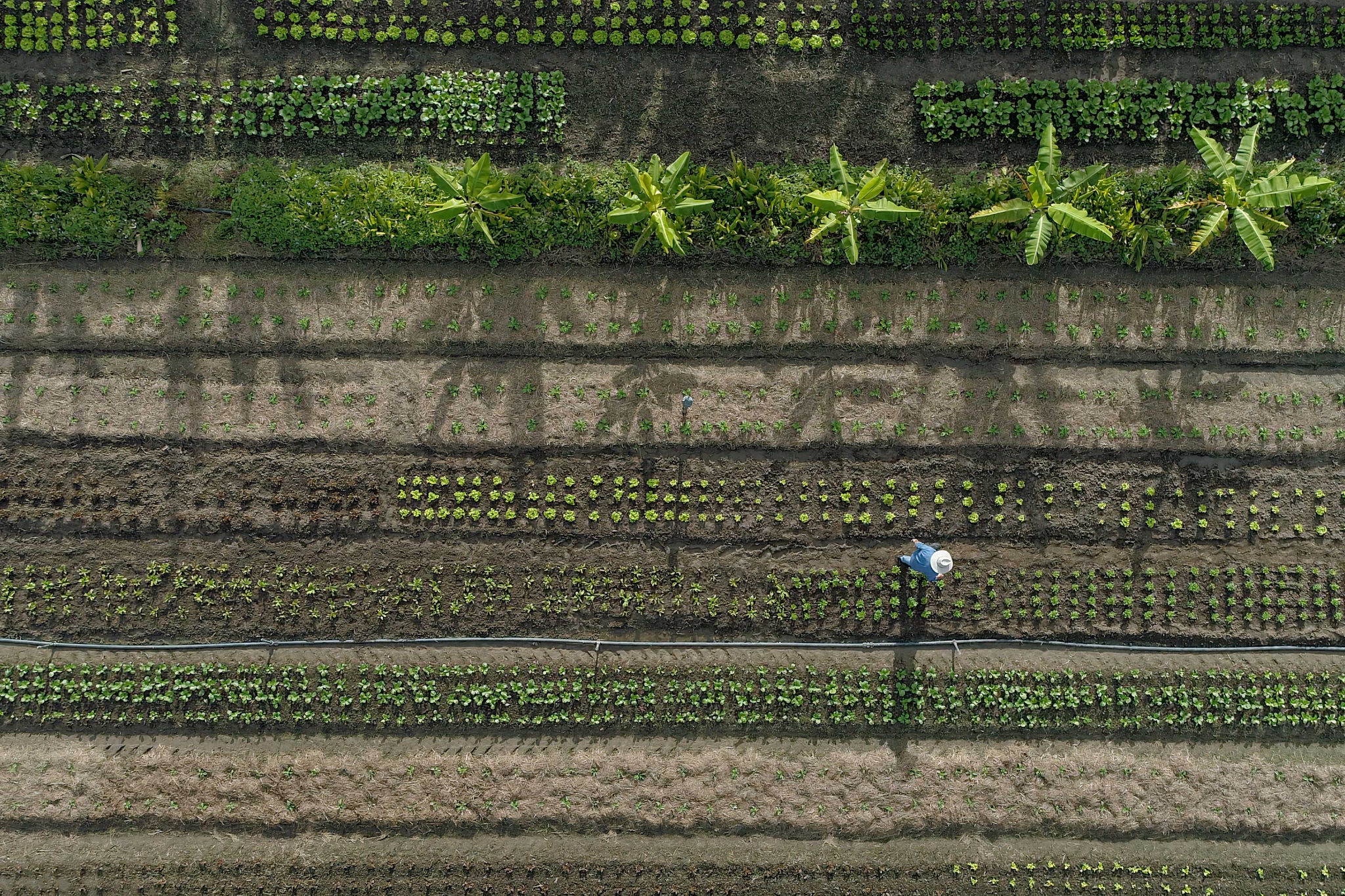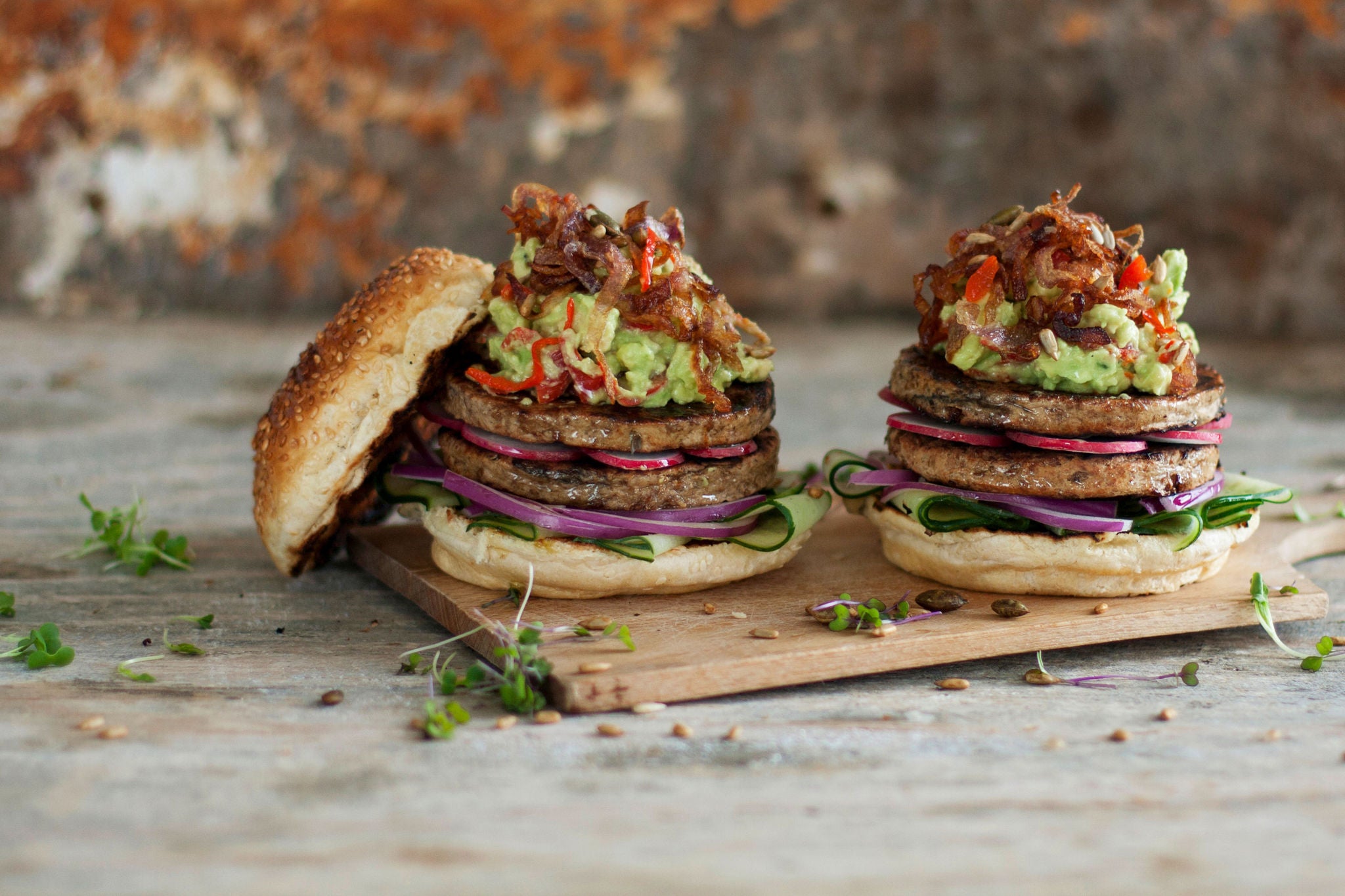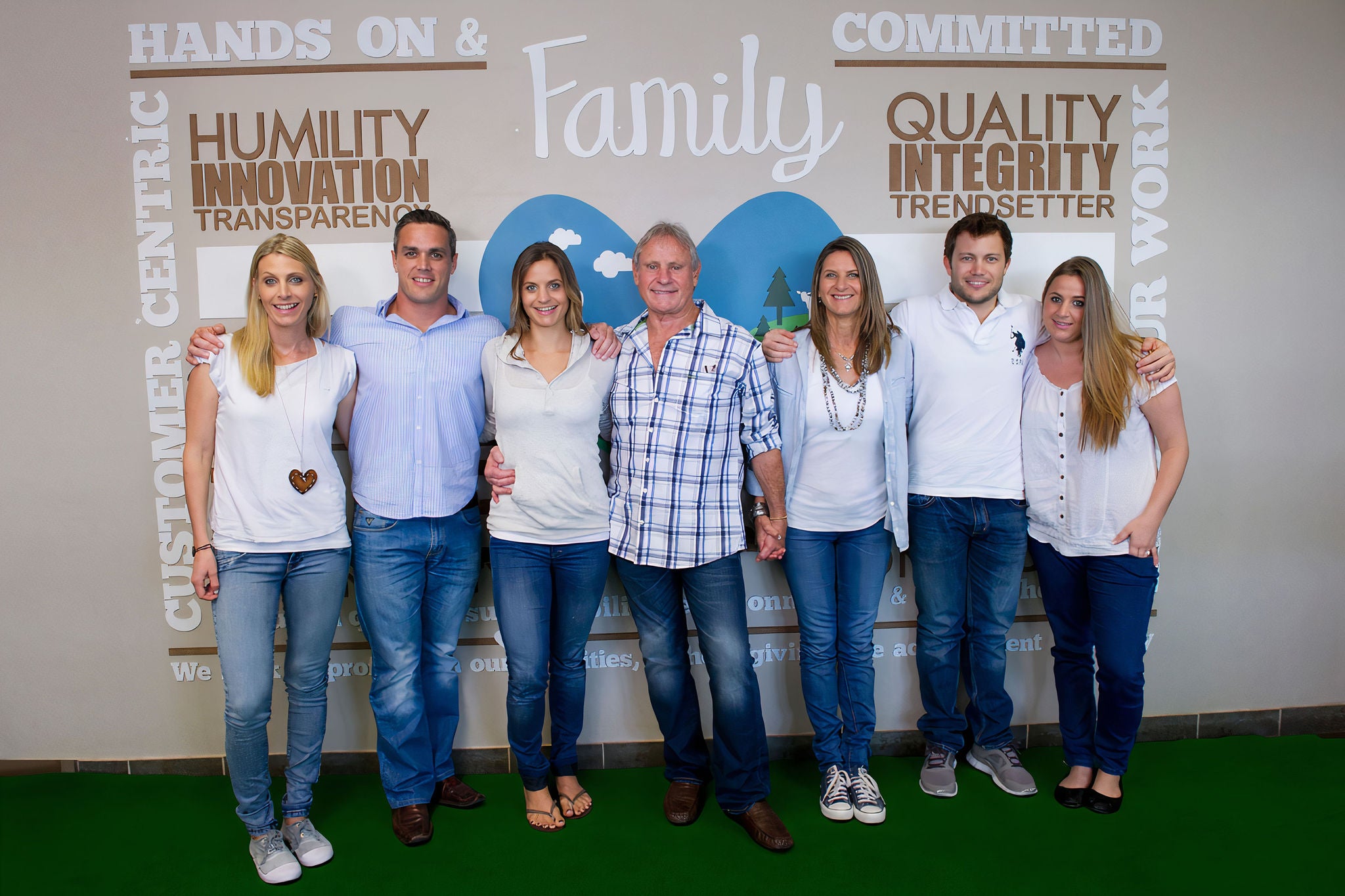EY refers to the global organization, and may refer to one or more, of the member firms of Ernst & Young Global Limited, each of which is a separate legal entity. Ernst & Young Global Limited, a UK company limited by guarantee, does not provide services to clients.
How EY can help
-
Our Strategy Consulting teams help CEOs achieve maximum value for stakeholders by designing strategies that improve profitability and long-term value.
Read more
Among these companies is South Africa’s Fry’s Family Foods (Fry’s), established by husband-and-wife team Wally and Debbie Fry in 1991. It was not an expected career move for Wally, a livestock trader and the son of farmers. But when he married Debbie, a vegetarian, his eyes were opened to a whole new world of food.
“When I first mentioned to Wally that I was a vegetarian, he was shocked,” says Debbie Fry, Co-Founder and Director, Fry’s Family Foods. “I don't think he'd ever heard of a vegetarian before.” Slowly, Wally was drawn in by the ethical considerations of meat-free living. However, he struggled to find an adequate replacement for the flavor and texture of meat. So, they decided to create an alternative – which eventually grew into Fry’s Family Foods.
For the last 30 years, Fry’s has been at the cutting edge of the plant-based meat world, and during that time it has grown substantially, eventually exporting to more than 20 countries globally. However, the company began to reach its growth limits, logistically and infrastructurally.
“We began to realize that to take Fry’s to the next level we needed to make it part of a global organization,” says Wally.
The Fry’s brand was an attractive proposition for prospective buyers and caught the attention of EY teams. Rahul Agrawal, Strategy and Transactions Associate Partner M&A at Ernst & Young - South Africa, was among those who saw the potential in the business ahead of the market. “With our focus on supporting entrepreneurship globally, Fry’s had been a previous EY Entrepreneur of the year winner. We had observed the Fry's Family Foods business in particular, as one of the companies with a highly differentiated approach and one that actually contributed to solving these very global issues,” he says.
“What’s more, I personally found it very exciting – I even reached out to Wally and the family three years before the transaction and we kept in touch before EY teams were engaged with the deal,” he says.
Wally’s and Debbie’s commitment to purpose meant that beyond a suitable financial outcome, their core ambition was to find a business partner who would honor the purpose of the Fry’s brand and help promote their business and family legacy in a meaningful way.






